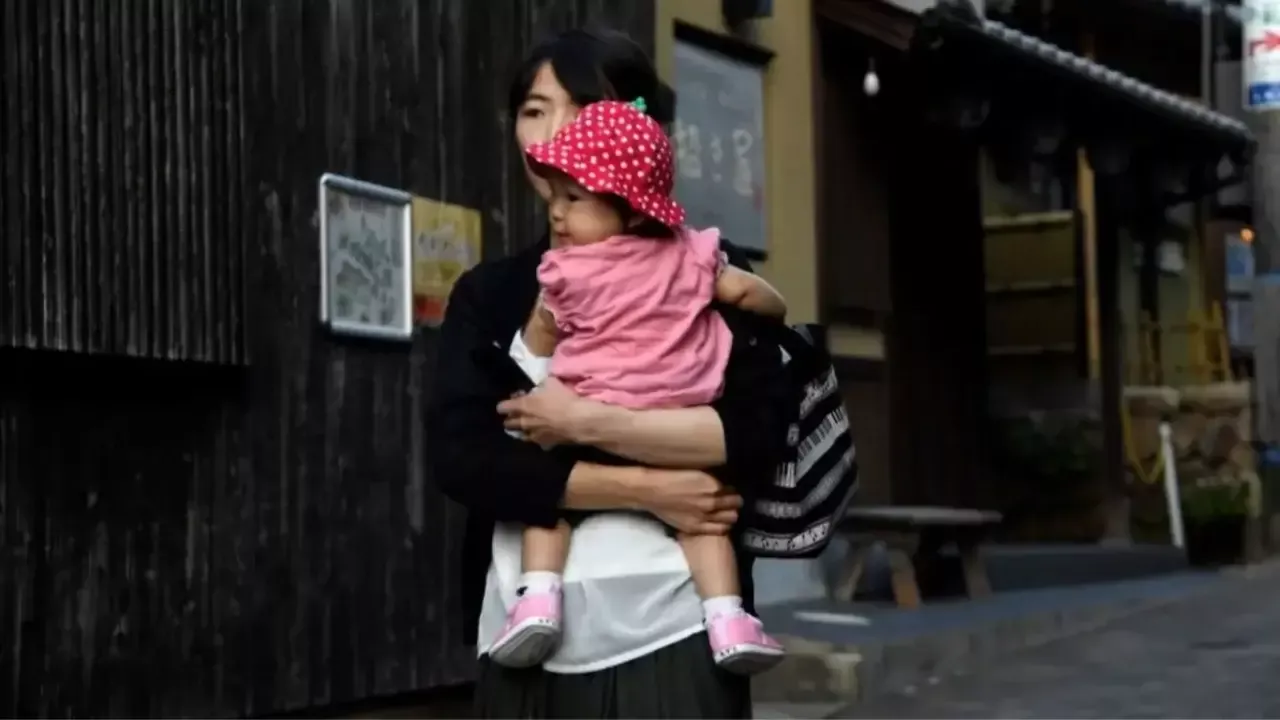Japan's population sharply decreased in 2024

Japan is experiencing the deepest demographic crisis in its history. This was reported by Zamin.uz.
In 2024, the number of births in the country was nearly one million less than the number of deaths. This figure was recorded as the largest annual decrease since 1968.
According to the Ministry of Internal Affairs and Communications, only 686,000 babies were born last year, which is the lowest figure since 1899. At the same time, the number of deaths exceeded 1.6 million.
As a result, the population decreased by 908,000 people. In Japan, 30 percent of the population is over 65 years old, while those of working age make up only 60 percent.
The increase in the number of elderly people and the decrease in the number of young people are putting significant pressure on the pension and healthcare systems. The government is implementing measures aimed at increasing birth rates.
Free kindergartens have been established, flexible working hours have been ensured, and financial incentives are being provided. Nevertheless, gender roles, high living costs, and a strict work culture are reducing young people's desire to start families.
Experts emphasize that even if birth rates increase, it will take decades to address the demographic issue. Thus, Japan is facing serious social and economic challenges.







